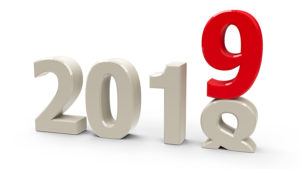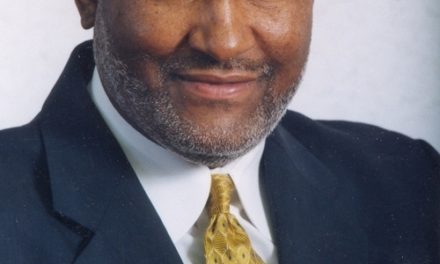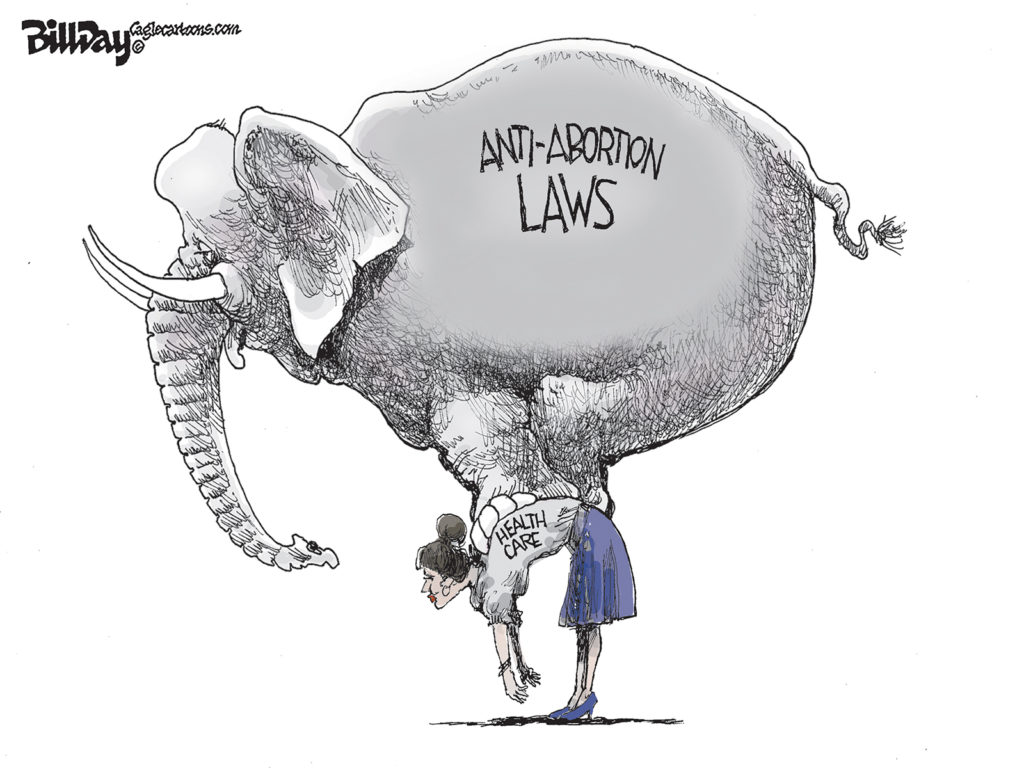In the coming days, this blog will be posting resolutions, predictions, or observations by Memphians as they look ahead to the new year.
Jennifer Oswalt, President and CEO, Downtown Memphis Commission:
2018 was a big year for Memphis, especially for Downtown. One Beale was finalized and will start construction this month, Mighty Lights provided another reason to love our river views and the opening of River Garden showed us a small preview of what is possible in Tom Lee Park and the rest of the riverfront, Union Row became the proposed largest mixed-use development in Memphis history, IndigoAg chose Downtown Memphis as the home for their North American commercial headquarters, and the much-anticipated Convention Center renovation began.
Multiple breweries, numerous Main Street facade improvements and increased blight-remediation all signaled the game-changing progress we saw across the Central Business Improvement District (CBID). In the words of Mayor Strickland, it was clear that in 2018 Memphis had momentum. And my prediction is that our momentum will continue, as we have proven that Memphis is investible.
Memphis has a preference for historic preservation versus demolition, for adaptation over new construction and cranes. And, as such, our momentum may not always look as turbo-charged and grandiose as it did in 2018. As a community, we have to be ready to support some of the less glamorous and more practical signs of progress. Our decisions will become harder as we demand more for Memphis. I resolve the Downtown Memphis Commission (DMC) will help raise the bar as we push our momentum forward. We will demand more from design and community planning. We will require priority be given to the pedestrian experience. And we will insist on higher WMBE-participation in all projects and create capacity-building strategies for emerging minority businesses and developers.
In 2019, the DMC will not slow down our pursuit of a truly vibrant and equitable Downtown. Our community has challenged us to create meaningful change, to think bigger, and do more. As we continue to process the pipeline of development, we will proactively support the things we see as aligned with our community’s best interest
We walk into our third century prepared. We have started the arduous, albeit exciting, process of leading major community-planning efforts to help guide our path to a more community-focused, prosperous, and dynamic Downtown in support of Memphis 3.0. Both our Downtown parking study and master plan will conclude in mid-2019 and I anticipate some changes in how we assist and promote development in our core city.
Our outlook for 2019 and beyond is distinctly positive and we remain resolute in our commitment to our partnership with the City and County, Memphis River Parks Partnership and private developers to create a vibrant Downtown Memphis – a Downtown ripe with the possibilities of a truly inclusive community – a Downtown for everyone.
Larry Jensen, President/CEO, Cushman & Wakefield | Commercial Advisors Partners:
Indigo Ag was a giant economic growth splash at the end of 2018….700 new and high-paying jobs to downtown. That announcement was great news, even incredible! Perhaps, as noteworthy as Indigo Ag is, the fact that those jobs are being produced within an even grander “opportunity zone” for Memphis business and jobs growth…agribusiness.
I started tracking agribusiness in our region last year and I predict in 2019, a greater understanding and attentive pursuit of the huge opportunity will generate and grow jobs in the business sector. Our regional agribusiness assets underpin and support my theory. I believe our growth prospects are outstanding. The Memphis region has an extraordinary combination of agribusiness resources such water-both ground and surface, 15 million acres of fertile land, year-round growing seasons, transportation, experienced growers, and research universities. To my knowledge there is not another region in the world that can align and execute on a comparable foundation of assets.
Innovations in agribusiness are accelerating! In my mind, there is absolutely no reason Memphis (and the region) cannot be one of the centers of agribusiness advancement globally. Consider Agricenter International. Agricenter is Agricenter, a 1000-acre test farm located in the middle of the metro Memphis area. There are currently 62 companies conducting research at Agricenter. For the last year Agricenter has been developing an Agricenter 20-year strategic plan, which focuses on the growth opportunity and which we should hear more about soon. John Butler is CEO & President. He is a farmer, thought leader, and businessman who has brought exceptional leadership and forward-thinking to the Agricenter mission. Stay tuned!
Here’s my not so secret insight. Agribusiness is the largest GDP contributor to the economy, both locally and nationally. And, currently it is the least digitized and technology savvy business sector. Essentially, that opportunity is the core of what Indigo Ag is pursuing. Oversimplification: Indigo Ag is applying forward-thinking technology to the agricultural sector, which at present operates in the 1970s at best. Another example of early stage technology applications would be Memphis-based AgLaunch, which has 20+ companies in incubation at 88 Union…today. Pete Nelson is leading AgLaunch. Pete is highly regarded statewide and across the region. EpiCenter, which is raising a $100 million dollar venture fund, is also focused on one of its verticals on agribusiness innovation. Innovations are underway in block chain, drones, urban growing applications, robotics, and indoor farming.
Davos on the Delta will host its third international conference in Memphis during Memphis in May. Last year, more than 250 farmers, entrepreneurs, and investors attended a three day conference at The Peabody which highlighted the innovations underway across the ag-tech sector and featured Memphis as an opportunity center and thought leader in growing and related technologies. This year’s Davos on the Delta promises to be even bigger.
Memphis also has a strong base of existing agribusiness businesses in Memphis and the region such as Drexel Chemical, Helena Chemical, Cargill, Riviana Foods, Stratas Foods, Local Seed, The Seam, Ritter AG, Pictsweet, and all the grain/commodity firms. If you think about International Paper, at its core, is an agribusiness company.
Bottom line: the agribusiness sector contributes $11 billion annually to our local Shelby County economy and is the single largest contributor to the overall total.
What could agribusiness become in Memphis and the region if we are smart and work hard? Isn’t that up to us? This is a matter of leadership, not resources or opportunity!






” We will demand more from design and community planning.” Thank you Jennifer. I am big fan of classic architecture. Tasteful, quality and accommodating modern architecture is difficult to find these days.
Yes Larry Jensen Ag Business indigo looks to be target growth sector and a nice true economic development win as opposed to Mark Anthony which was a real estate taxpayer losing deal and not an economic development deal. Jennifer Oswalt, can you publish the parking incentive offered to Indigo so that the Indigo project can be evaluated in full ? Indigo looks to be a favorable economic development deal but would like to get the full picture. Also Indigo represented the first time I can remember that incentives were offered by EDGE and DMC for one project.
It’s hard to be positive about Memphis when there is such tremendous poverty all over the city. Our crime is still a cancer on the city. Nothing much is ever done about these two epidemics that plague all of Memphis.